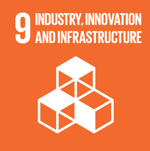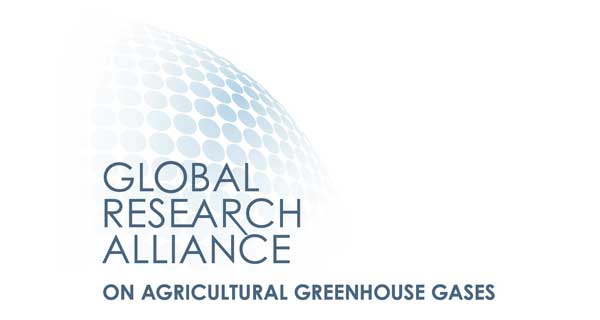Digital innovations for smarter pasture management
 Uruguay
Uruguay
 Argentina
Argentina
 Costa Rica
Costa Rica
 United States
United States
Executive Summary
Forage harvest levels in Latin American and Caribbean production systems are very low in relation to their potential. In tropical zones, such as Costa Rica, dry matter (DM) production of the main forage species ranges between 10 and 25 t DM/ha/year, but on average animals consume less than 45% of the available pasture. In temperate zones, as in Uruguay, forage production averages 4.5 t DM/ha/year, when the potential is at least 10 t DM/ha/year. In Argentina, it is estimated that between 2 and 4 t DM/ha/year are harvested, while the potential can reach up to 15 t DM/ha/year. Improving pasture production and consumption levels on the farm requires easily adopted grazing management technologies to optimize the use of pasture in quantity and quality throughout the year. The objective of this project was to improve the self-sufficiency and sustainability of livestock production by increasing by at least 30% the harvest of pasture produced on family farms in Uruguay, Argentina and Costa Rica through better decision making in pasture management. The development of the technology involved the implementation of a cloud-based service accessible via web or app that collected information from each farm (users), processed it, developed management indicators and visualized grazing and stocking decisions. The proposed solution aimed to: i) simplify and optimize decision making in real time regarding the sequence of paddocks to be grazed, the necessary subdivisions, the required grazing time, the area to be mechanically harvested for stocking and the optimal date to do so; and ii) automate biomass measurement through the use of remote measurement devices (drones or satellites) that are easy to adopt. The project is funded by the New Zealand Government as part of its contribution to the Global Research Alliance on Agricultural Greenhouse Gases (GRA).
The technological solution
The AgTech solution has very positive impacts on production systems, including improving the profitability of production systems, sustainability and the level of self-sufficiency. Implementing this technology in family livestock and dairy farms in Latin America and the Caribbean is of great interest since the food base of these systems is pastoral. Pasture production is very sensitive to climatic changes; nowadays we are facing very changing climatic scenarios, so increasing pasture production will give family farmers in the region an increase in productivity and quality of life. This in turn translates into increased natural habitats for animals, reduced input use, increased nutrient recycling and increased carbon sequestration of pastures. The developed tool, available in the cloud, provides real-time information on the sequence of paddocks to be grazed and the area available for the creation of reserves and was designed with a “User Centered Design” approach. This approach allowed a participatory development that contemplated the needs of end users, achieving an optimal balance between usability, complexity of the tool and capacity to generate impact on productive systems, facilitating its commercial adoption.
Results
Beneficiaries
- Direct beneficiaries: 200 producers and technicians in Uruguay, Argentina and Costa Rica.
- Indirect beneficiaries: 4,000 farmers.
Sustainable Development Goals









Project news
Participating Organizations
Executor
- Instituto Nacional de Investigación Agropecuaria (INIA) - Uruguay
Co-executor
- Instituto Nacional de Tecnología Agropecuaria (INTA) - Argentina
- Instituto Nacional de Innovación y Transferencia en Tecnología Agropecuaria (INTA) - Costa Rica
- Fundación ArgenINTA (ARGENINTA) - Argentina
- Fundación para el Fomento y Promoción de la Investigación y Transferencia de Tecnología Agropecuaria (FITTACORI) - Costa Rica
Associated
- GENTOS - Argentina (GENTOS - Argentina) - Argentina
- Asociación Argentina de Consorcios Regionales de Experimentación Agrícola (AACREA) - Argentina
- Michigan State University (MSU) - Estados Unidos
- Federación Uruguaya de Grupos CREA (FUCREA) - Uruguay
- Cámara Nacional de Productores de Leche (CNPL-CR) - Costa Rica
Graphics and data
Financing by country (in USD)



































































